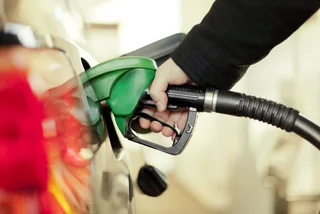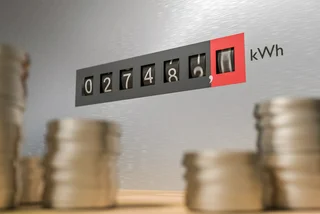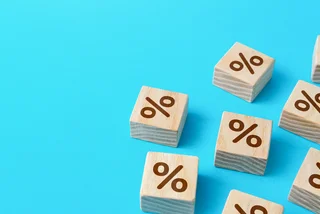Consumer prices continue to rise in Czechia, with year-on-year growth reaching 9.7 percent in June 2023. The pace of inflation, though, slowed down for the fifth consecutive month, with prices rising by just 0.3 percent compared to May.
Compared to the same time last year, many food items were more expensive, according to the Czech Statistical Office (ČSÚ). Eggs rose by 28.8 percent, potatoes by 28.2 percent, margarine, and other vegetable fats by 17.1 percent, and fruit by 15.2 percent. The cost of sugar rose by 50.3 percent, and that of potatoes rose by 37 percent.
Other categories also had a big impact. Prices for heat and hot water rose by 40.7 percent, sewage collection by 26.9 percent, electricity by 24.6 percent, water supply rose by 16.3 percent, and owner-occupied housing costs increased by 6.9 percent.
People will also pay more for recreation and culture. Package holidays saw a 14.4 percent rise. Catering services in restaurants and hotels increased by 13.8 percent, and accommodation services by 13.5 percent.
The good news is that transportation is cheaper due to lower fuel prices: transportation costs fell by 25 percent compared to the previous year.
ČSÚ Vice President Jaroslav Sixta said that a lower annual growth was last recorded in December 2021, when it was 6.6 percent. Before that it remained below 10 percent continuously since July 1998, and usually significantly so.
Package holidays up sharply from May
Compared to last month, the increase in prices was 1.4 percentage points lower than in May. This slowdown in year-on-year price growth was mainly influenced by slower price increases in the food and non-alcoholic beverage category and housing, water, electricity, gas, and other fuels category.
June saw an 8.7 percent rise in prices for package holidays compared to May. Other significant increases putting a dent in the summer budget include wine prices increasing by 2.6 percent and beer prices by 1.5 percent.
Accommodation services rose by 2.2 percent while catering services in restaurants and hotels are up by 0.6 percent. Not all the news was bad. There was a 1.4 percent drop in prices for goods and services related to routine household maintenance.
Food prices still rising, but slower
Inflation is slowing down for several food staples, which is good news for consumers. While these items cost more than they did last year, the increases are starting to level off. The year-on-year price increases in meat slowed to 4.7 percent compared to 8.7 percent in May, and prices increased for cheese and curd to slowed to 10 percent compared to 16.1 percent in May. Prices of oils and fats in fell by 4.3 percent, while in May they increased by 2.0 percent.
Fuel price growth also slowed, with natural gas up 39.8 percent on the year compared to 47.6 percent in May and solid fuels up 35.2 percent compared to 39.4 percent in May.
Inflation was driven mainly by an 8.7 percent rise in prices for package holidays. Other significant increases putting a dent in the summer budget include wine prices increasing by 2.6 percent and beer prices by 1.5 percent.
Accommodation services rose by 2.2 percent while catering services in restaurants and hotels are up by 0.6 percent. On a brighter note, June saw a 1.4 percent drop in prices for goods and services related to routine household maintenance.
Fiala says his policies have helped to slow inflation
Prime Minister Petr Fiala said the government's actions contributed to reducing inflation. He cited, among other things, the capping of energy prices, pressure on food and fuel suppliers, and government savings.
"Thanks to the fundamental efforts of our government, we managed to get inflation back to a single-digit value," he said, according to news agency ČTK. "We have been negotiating for more than a year, putting pressure on producers, food sellers, suppliers, and sellers of diesel, gasoline, and other commodities so that citizens do not pay more for them than in neighboring countries. This pressure is paying off," Fiala said.












 Reading time: 3 minutes
Reading time: 3 minutes 





























